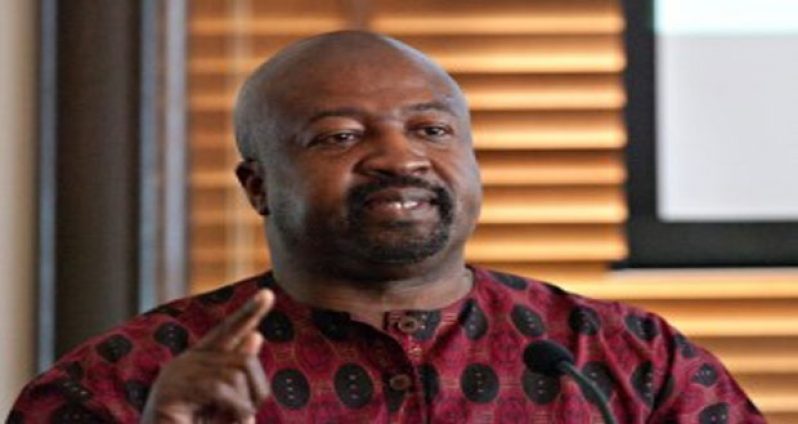In my last column, I dealt with what I think the broad problems are in the African Guyanese community. Today I want to advance some possible avenues for solutions.Government economic initiatives aimed at creating a more democratic Guyanese economy based on equality of opportunity is essential. Government should invest in a Village Renewal Initiative aimed at creating economic opportunities in the villages. There is need for a big economic venture in the African Guyanese community to produce jobs that pay a living wage and encourage small and medium businesses. . Dr. Jagan, in 1988, called for Affirmative Action for African Guyanese. Perhaps the Government should revisit that. In addition, Public Service workers should be paid a living wage. They are mostly African Guyanese. If they are paid better, it would lift the collective quality of life among the group. There would be more to spend on education and health care, for example.
These is need to struggle for a more democratic form of government in which all ethnic groups are represented. This is pivotal. Government plays the biggest role in the distribution of resources. The corporate Private sector is small and ethnic based. And governments by nature look after their supporters’ interest first. In ethnically divided societies like Guyana, this takes on an ethnic dynamic. One party-One race Government has not proven to be effective in fair distribution of resources. Just look at the recent budget, for example, and see where the bulk of big Government subsidies go. A representative Government in which African Guyanese are represented would help to distribute resources more fairly.
Finally, what can African Guyanese do for themselves? Government initiatives take time, but communities can begin to address some problems in real time. Self-Activity is what Walter Rodney called it. The first thing I recommend is a collective acknowledgement of the problems. So there is need for conversations and discussions in the communities, in the towns, and in the villages. If we face the problems as communities by talking about them together, we develop a sense of community again and a sense of common ownership of the solution.
Second, communities should create organisations aimed at searching for solutions. Where people are organised in organisations, they develop a consciousness of themselves as agents of change. The experience of working together and doing things and seeing small changes together transforms the individual and the community. So I encourage people to form organisations
Third, I think Education should be singled out for immediate action. I recommend a literacy project aimed at dealing with the functional illiteracy in the community. This is a problem that can be solved by using what we have. Those who can read and write should help to teach those who cannot. This can be done in families, in churches, or in community classes, or in one-on-one encounters.
Communities can also help with homework by setting up Homework Centers where kids can go for help with getting homework done. Often homework assumes the kids have access to the internet when most of them do not. If we can have these centers where the kids can have access to computers and books, and where they can be supervised, we would be helping to remedy the situation in some way. We can also have classes to help our students develop better study habits, better appreciation for educational excellence, and a broader love of knowledge. These are all things that can be done using resources in our communities
Fourth, I think African Guyanese can help to lift ourselves economically by returning to the culture of Cooperatives where we raise resources from within our own communities. Some of us have been pushing the idea of raising funds for small micro loans to begin or expand small businesses.
The key here is to raise your own resources and to start small; don’t wait on funding agencies. Look around communities and see the immediate needs of the community and start a small business to satisfy those needs. Fifth, African Guyanese communities need markets. There is need to restart markets. These are centers of commerce which ensure that money is circulated in the communities and wealth is accumulated in the communities.
Dr. David Hinds




.png)









